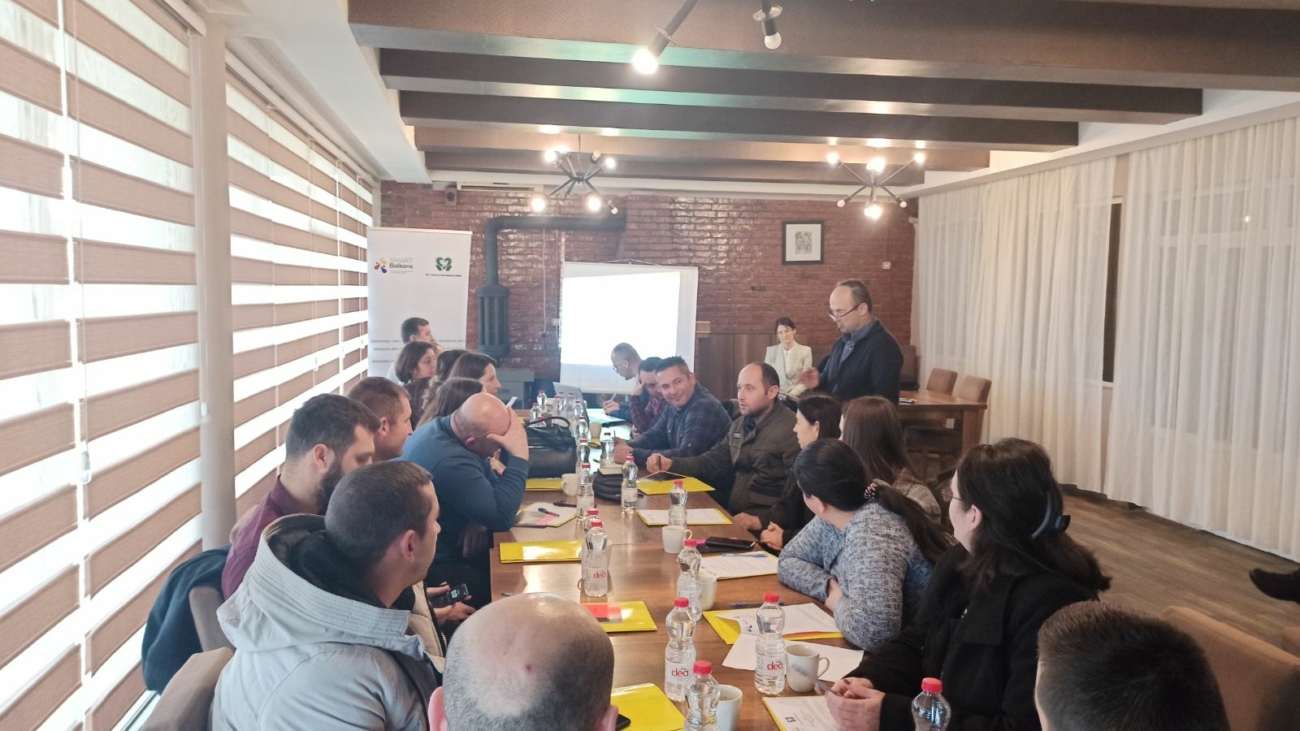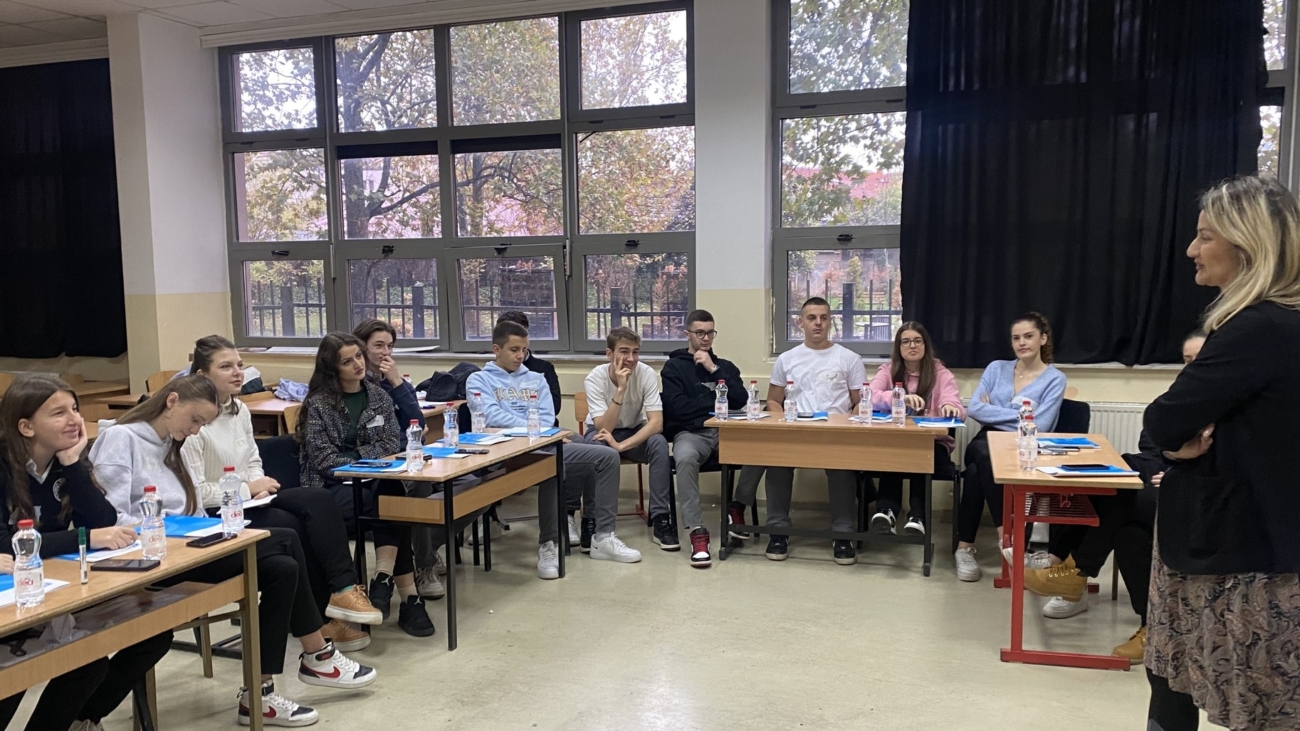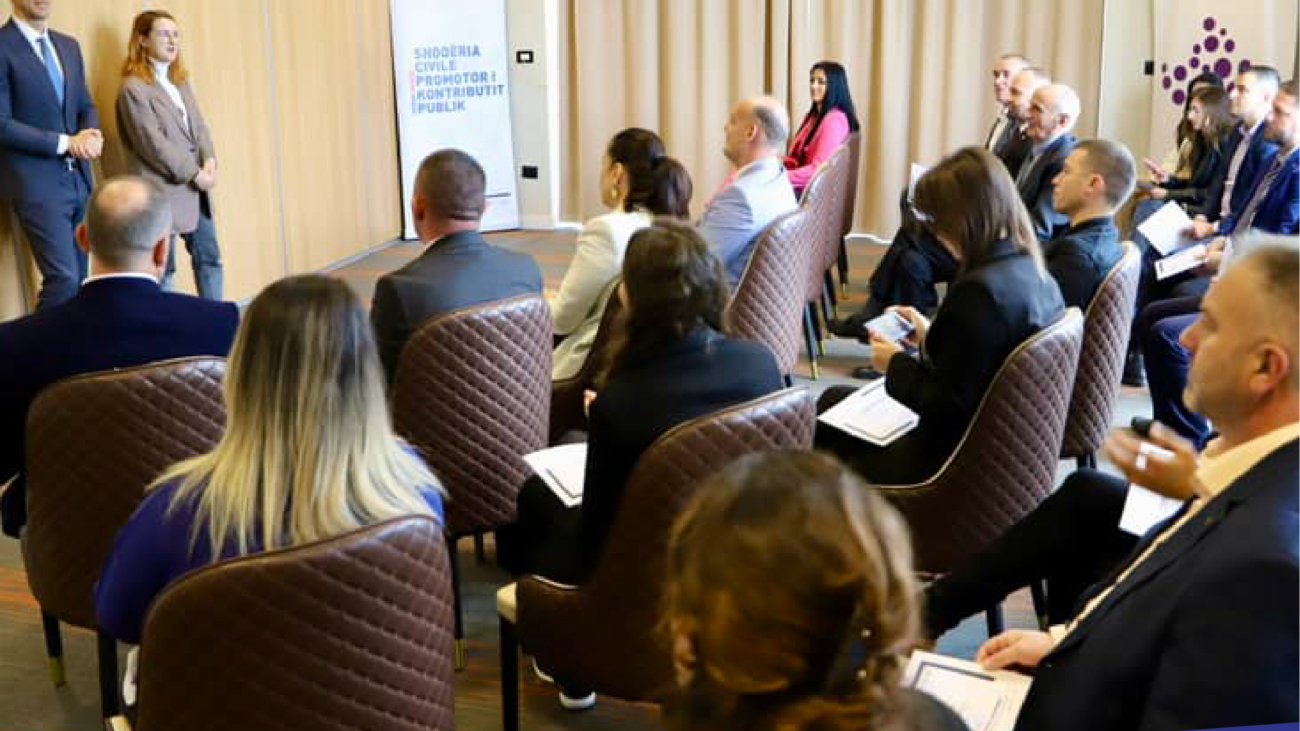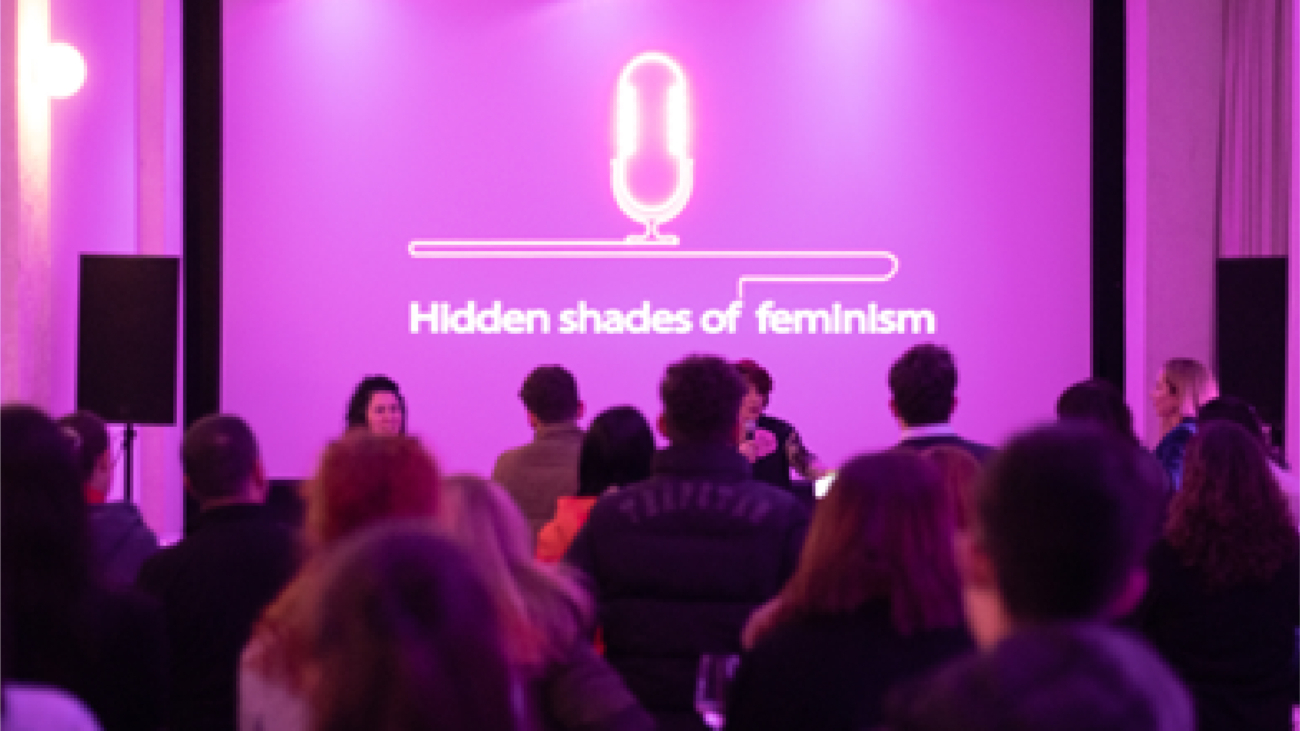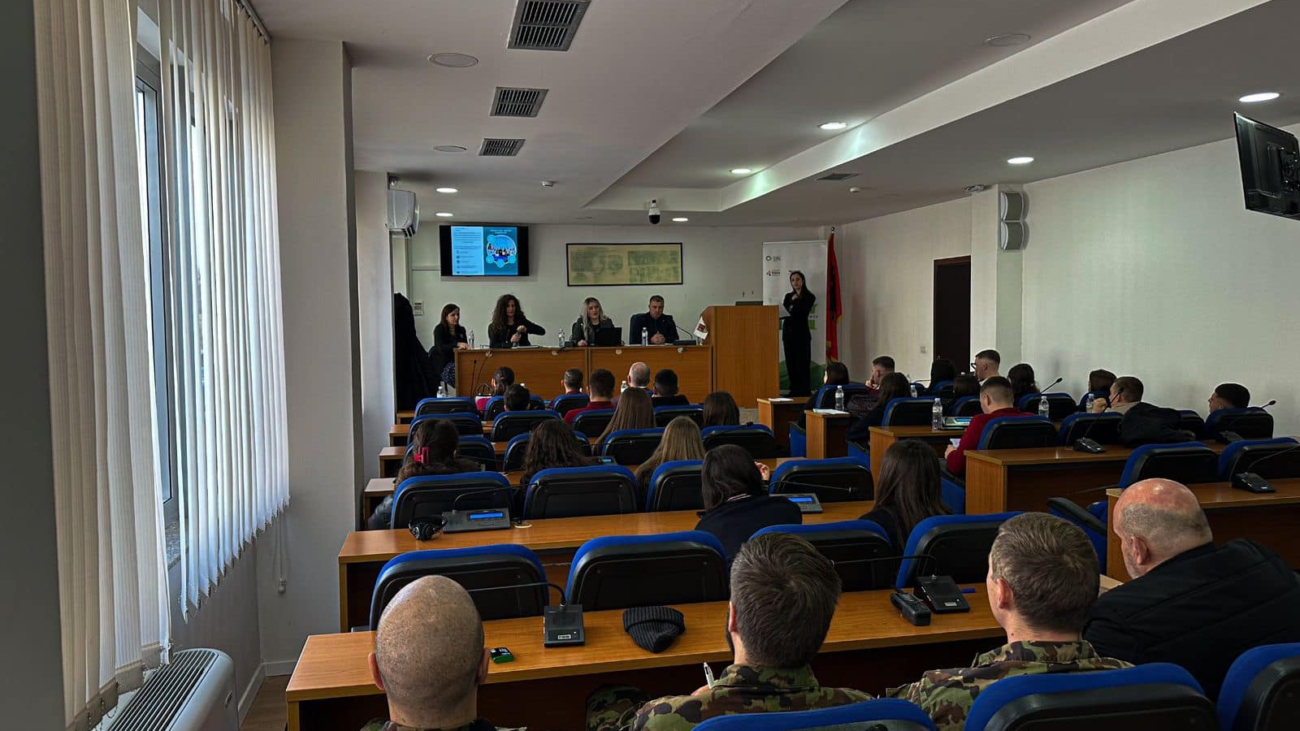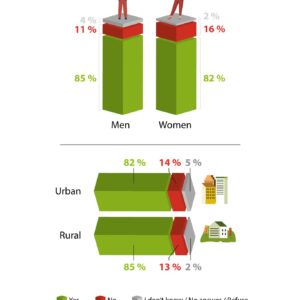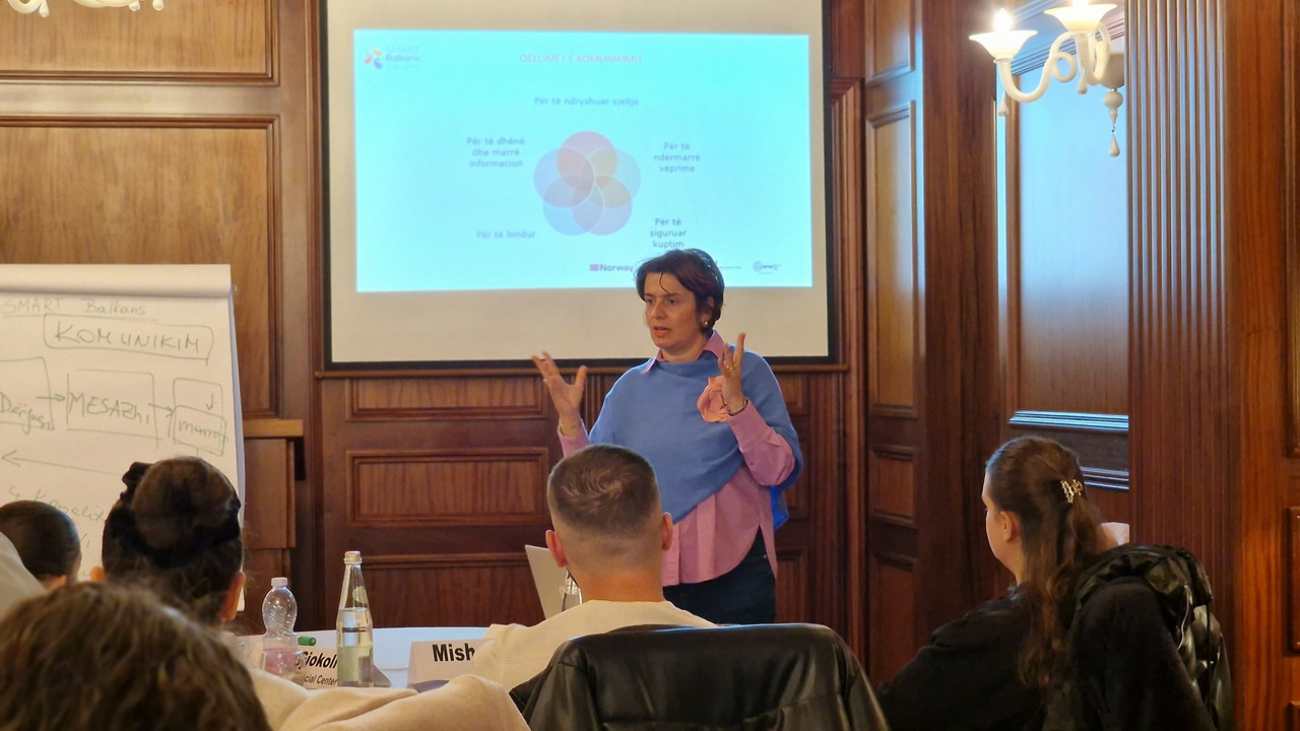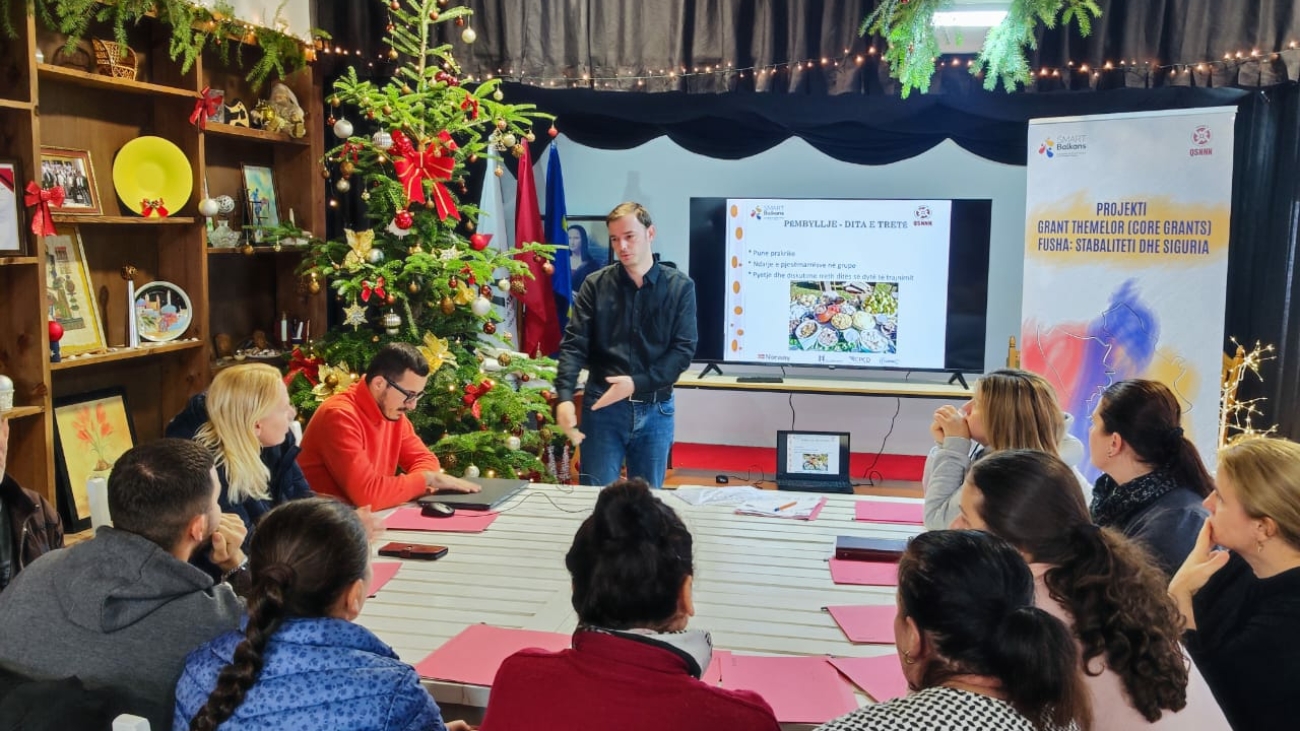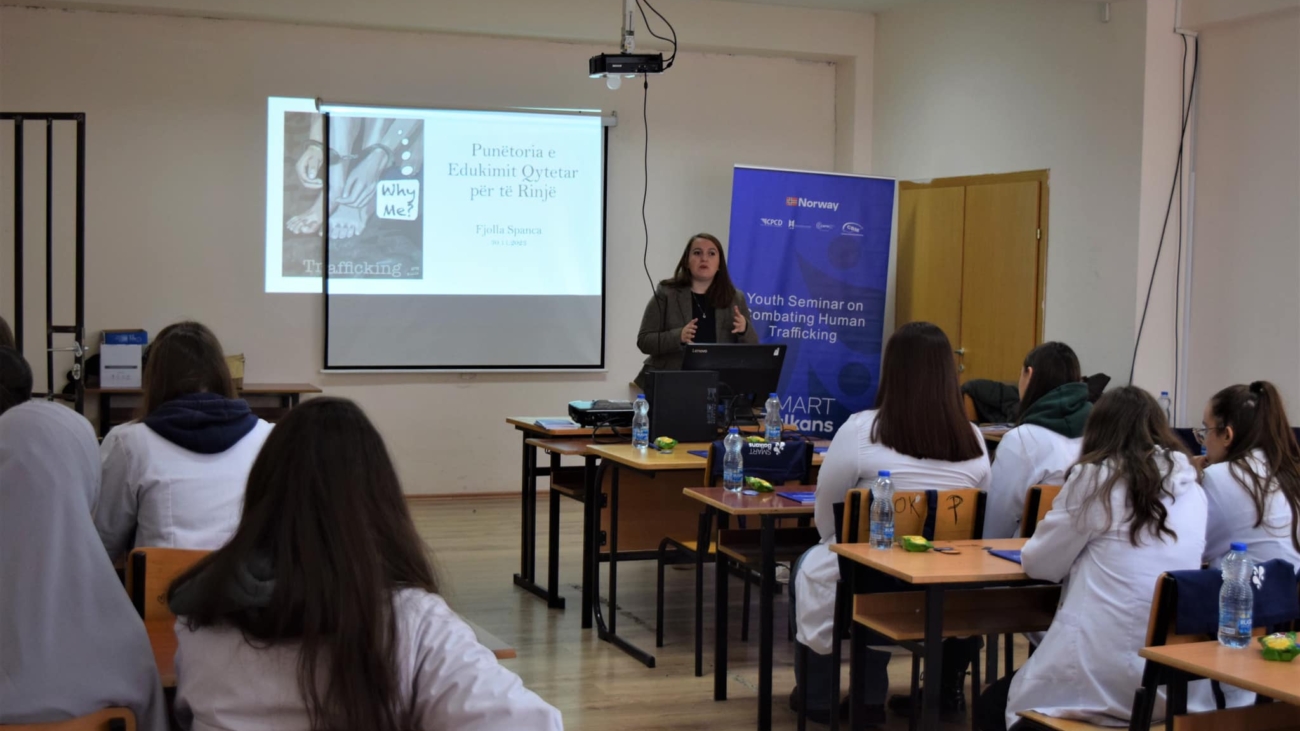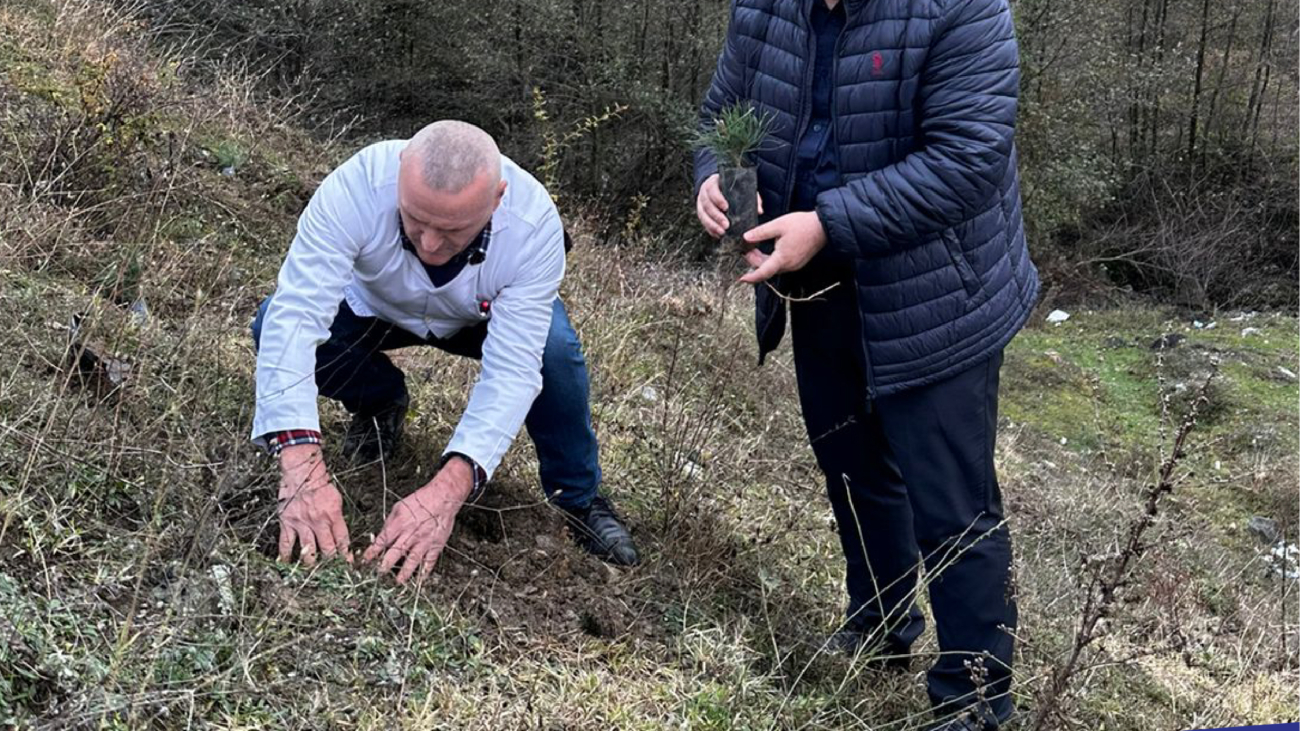“The Hidden Shades of Feminism” project resulted in a podcast series with 14 episodes aiming to address a broad range of women’s issues. 13 distinguished guests engaged in open and honest discussions to stimulate public discourse and promote a deeper understanding of the complex landscape of women’s experiences in Albania.
In the Albanian context, feminism remains a highly debated topic. While there have been strong voices advocating for gender equality, the prevailing narrative often leans towards a conservative approach, emphasizing the need for quotas as a solution to women’s issues. Unfortunately, this perspective unintentionally contributes to portraying feminism as a distant and unattainable reality, hindered by cultural and political barriers.
“The Hidden Shades of Feminism” seeks to challenge the prevailing discourse that has considered feminism as unimportant, promoting a more nuanced and inclusive perspective on women’s rights and gender equality. In doing so, it aimed to counter the dominant narrative, which, in some cases, has reduced feminism to a simple symbol of neoliberalism.
Attention was drawn to gender inequalities in the media, where a considerable percentage of journalists are women, yet they remain underrepresented in panel discussions and public debates. Often, women are portrayed in traditional roles, reinforcing patriarchal norms and failing to showcase their expertise, leadership, or role model status. This underrepresentation is particularly concerning as it perpetuates the perception that feminism has already been achieved, sidelining the struggles and voices of marginalized identities.
The podcast series explores various aspects of feminism in Albania with diverse guests and interesting topics, such as: “Sexy or sexist” with Ema Andrea, actress; “Who does literature love more, the mother or the woman” with Enkel Demi, author “If patriarchy had periods” with Rita Behadini, activist etc.
Throughout these episodes, “Hidden Shades of Feminism” brought to the forefront aspects and dynamics that have not been comprehensively addressed before, allowing a journey through various stages of a woman’s life in Albania.
Catch some glimpses of the project here: “Hidden Shades of Feminism.”

